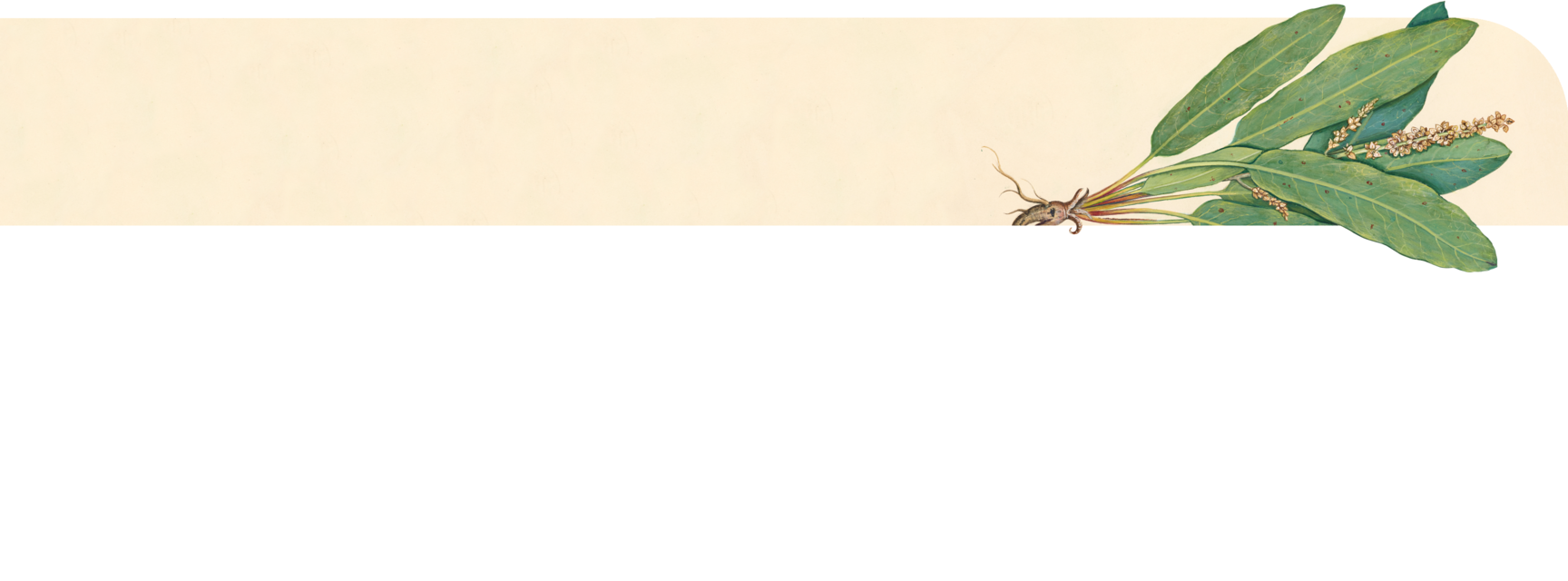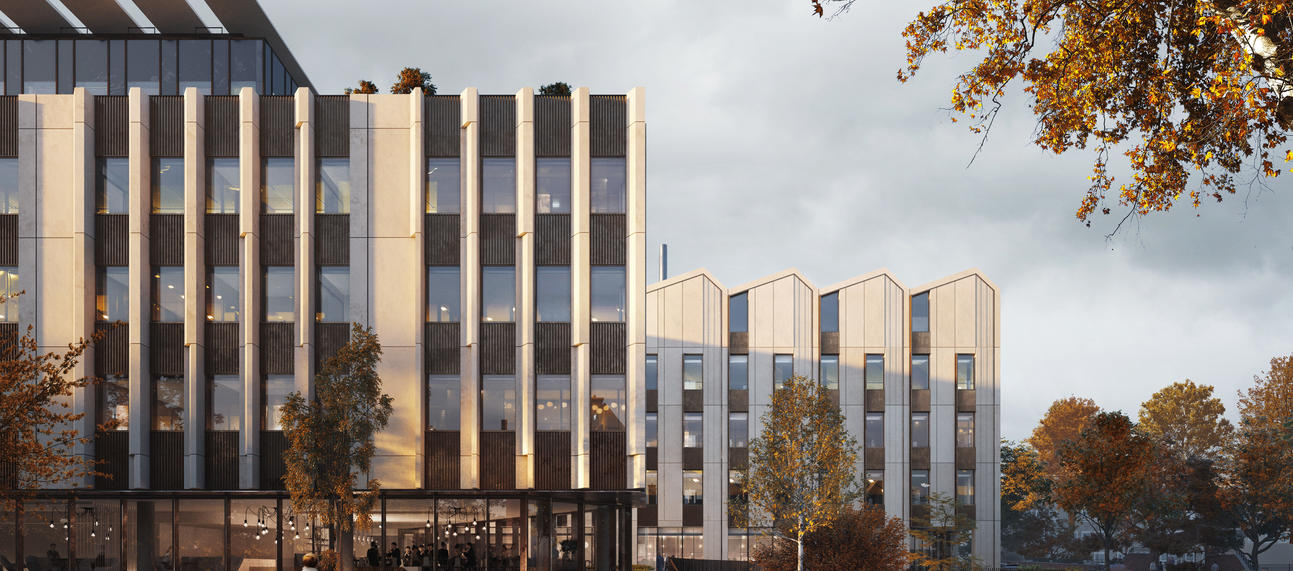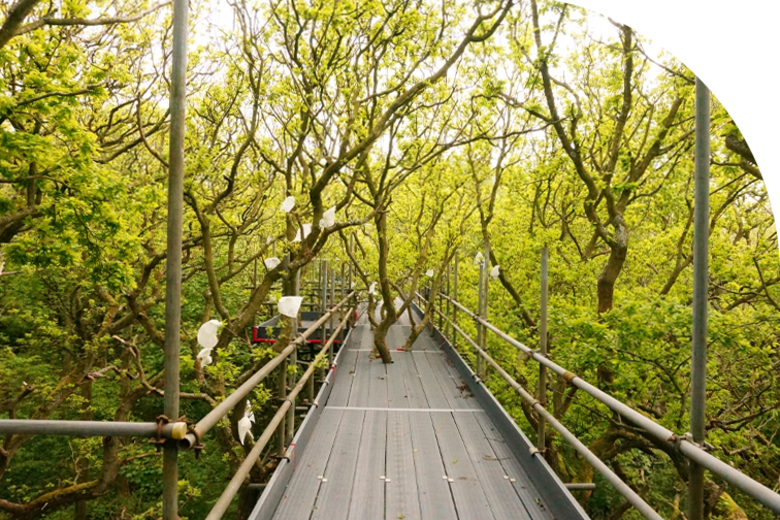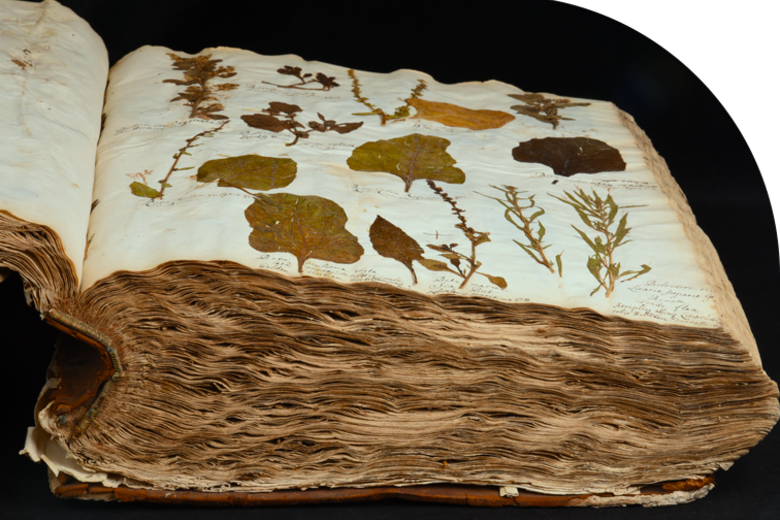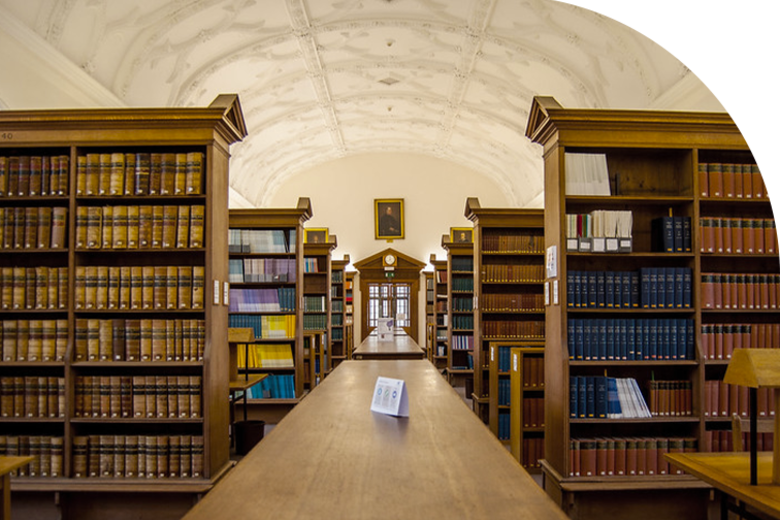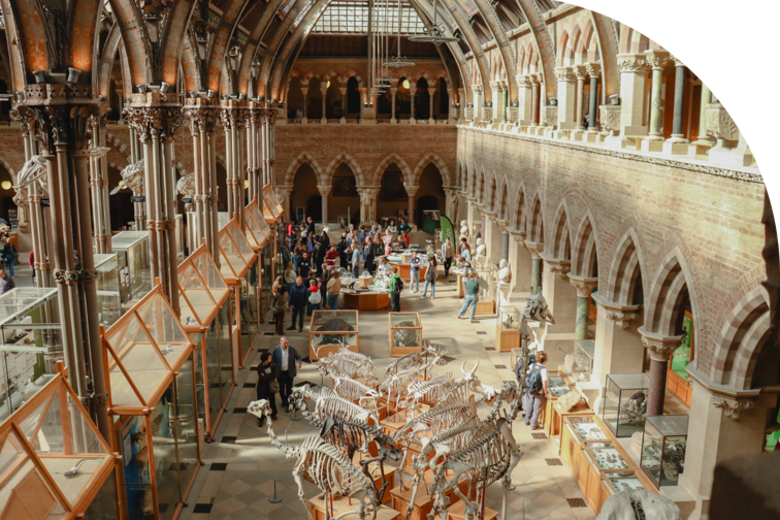About
The Department of Biology was formed in August 2022, merging the previous departments of Plants Sciences and Zoology. We explore the breadth and diversity of life on earth at multiple scales, and in an increasingly interdisciplinary manner. It builds on a history of high-quality research from staff and students, and continues to inform and shape the direction of international bioscience research and policy.
We also provide holistic training in how to be a biologist of the future, and tackle universal challenges such as global pandemics, impacts of climate change, threats to biodiversity, and feeding a growing population. The collaborative science we undertake furthers our understanding of the complexities, interactions, and evolution of life on our planet, by answering fundamental scientific questions and tackling global challenges in biology.
We continue to teach our respected MBiol Biology undergraduate course, our DPhil Biology programme, and our Postgraduate Diploma in Wildlife Conservation Practice (with the Continuing Education department). Students studying at the Department of Biology benefit from working with experts, Oxford's remarkable library and natural history collections, unrivalled field station, and state-of-the-art facilities.
We value research and education based on integrity and creativity, and which is focused on bettering the world we live in. We endeavour to embody these characteristics in the behaviour and atmosphere of the Department, both on site in Oxford as well as at conferences and in the field. We strive to make the Department of Biology a desirable workplace, not solely because of our research excellence but also because of our supportive and nurturing community.
Every member of the department, whether they are senior academics or students, post-docs or professional and support staff, deserves to be treated with the same respect. We expect everyone to treat all their colleagues with dignity.
Life and Mind Building
Local resources and facilities
The Department of Biology was formed in August 2022 from the Department of Plant Sciences and Department of Zoology.
The Departments of Plant Sciences and Zoology at Oxford cultivated long and distinguished histories. They were centres for research in plant physiology and development, epidemiology, evolutionary biology, ecology and behaviour for more than a century, including hosting research by multiple Nobel Prize winners and dozens of Fellows of the Royal Society. More recently, they provided numerous examples of successful and impactful research, with major commercialisation from spin-out companies, and policy and advice provided at the highest levels of government. The two departments jointly taught a Biological Sciences degree for more than 30 years. This recently underwent a major revision to a four year MBiol course in Biology with a research intensive final year, with almost 100 students carrying out year-long research projects embedded in research groups.
The Department of Plant Sciences grew out of the University of Oxford's Botanic Gardens, the oldest Botanic Garden in Great Britain and one of the oldest scientific gardens in the world. Established in 1621 and hosting the first Regius Professor of Botany, Robert Morrison, in 1669, Plant Sciences had one of the longest scientific legacies in the university. The Department stemmed directly from the previous Departments of Agriculture, Botany, and Forestry, and constantly adapted to changing research landscapes over the past centuries. Plant Sciences was also home to the renowned Oxford University Herbaria which provide a focus for research in plant systematics.
The Department of Zoology was officially founded in 1860, and was initially based in the Museum of Natural History before moving into the Tinbergen Building in 1971. Initially known as the Department of Anatomy and Physiology, it was called the Department of Human and Comparative Anatomy, the Department of Morphology, and the Department of Zoology and Comparative Anatomy. The John Krebs Field Station at Wytham houses a number of our key research groups, and Wytham Woods – an ancient semi-natural woodland that have been owned and maintained by the University of Oxford since 1942 – boasts many of our long-term ecological research projects.
Both Departments changed vastly over the years, as the nature of research and scientific study have changed. It is a fitting evolution for both subjects to come together and carry on this legacy of innovative research as the Department of Biology.
Policy
Oxford University’s Environmental Sustainability Strategy was approved in March 2021, having been a collaborative piece of work which involved academics from our Department. The strategy sets two ambitious targets: to achieve net zero carbon and to achieve biodiversity net gain, both by 2035.
Our Sustainability Working Group oversee implementation of the overall University Strategy into our own governance and standards. The group have created a Department-specific policy, which aligns with the University’s priority areas, to direct our actions and provide goals to embed sustainability in our work.
Green Impact
Green Impact is an initiative that encourages departments, colleges, labs, and buildings to improve their sustainability. We have a group of staff and students working on immediate actions to make our department more sustainable.
We have received Beyond Gold Awards in the Green Impact Scheme for the last two years, building on four years of previous awards.
